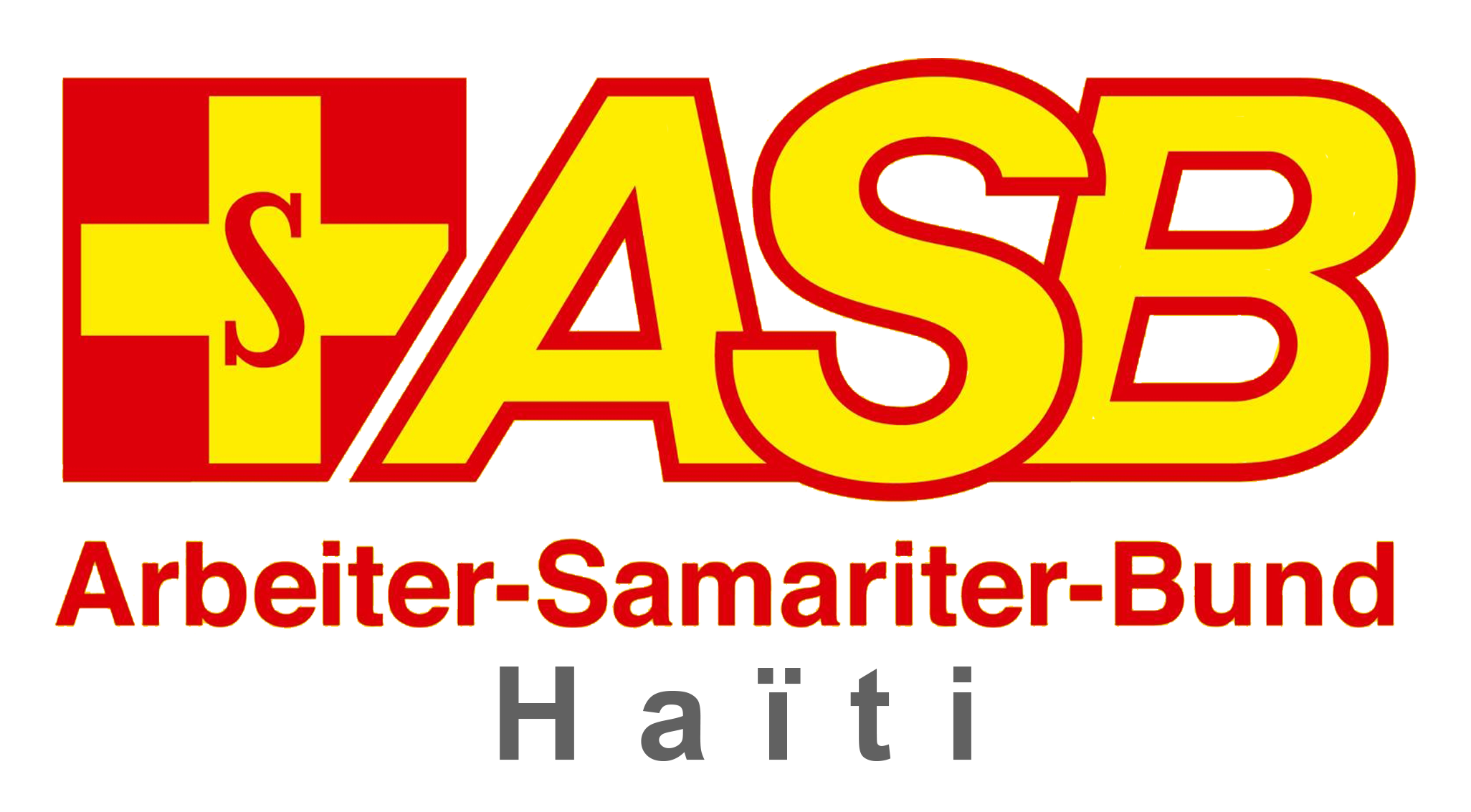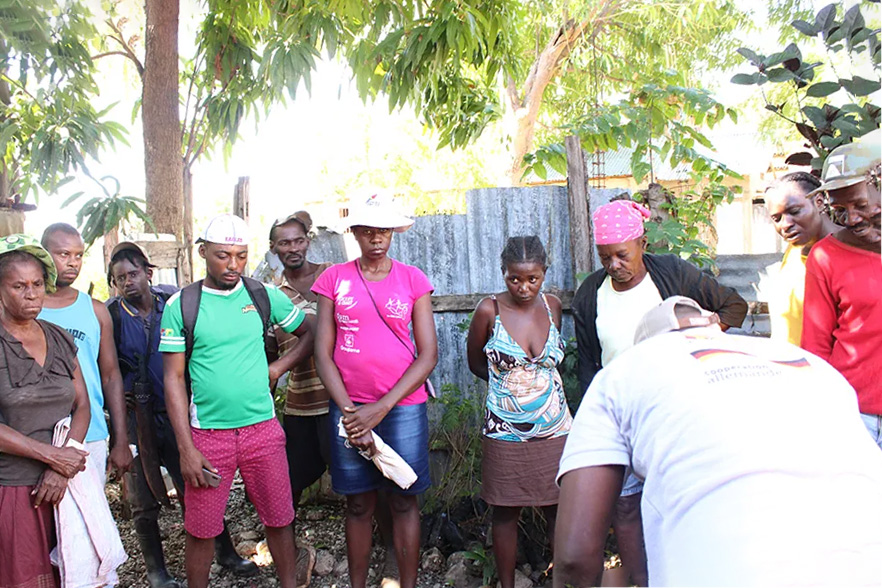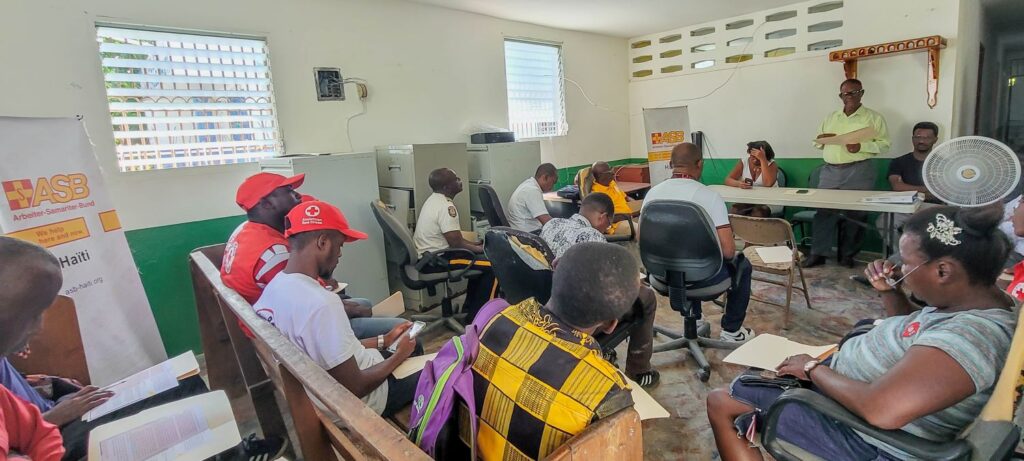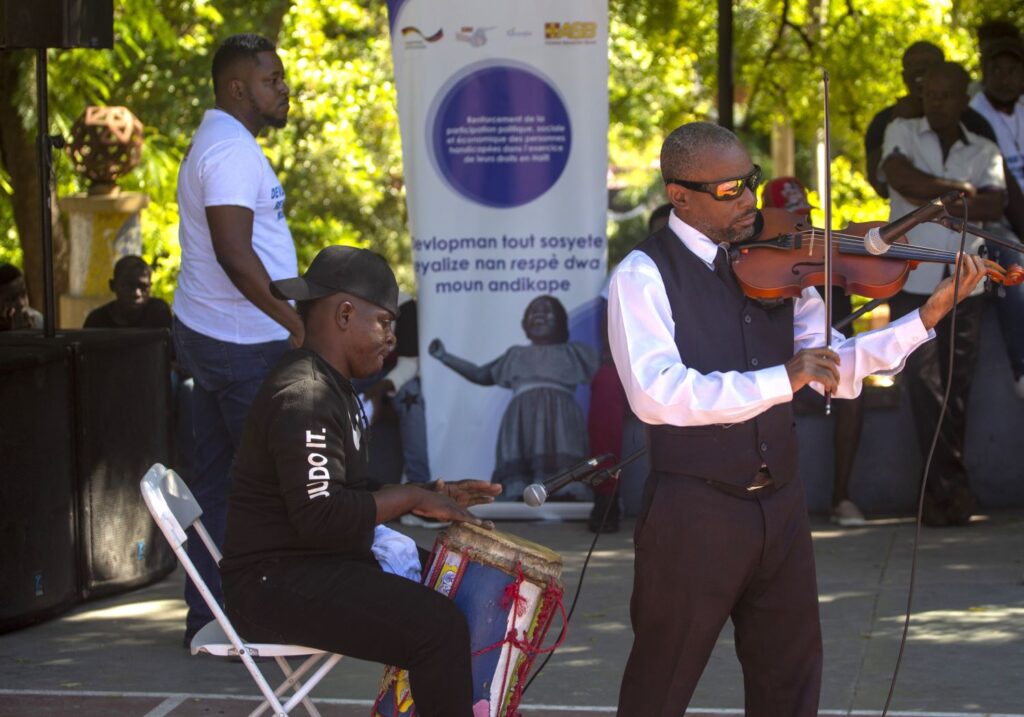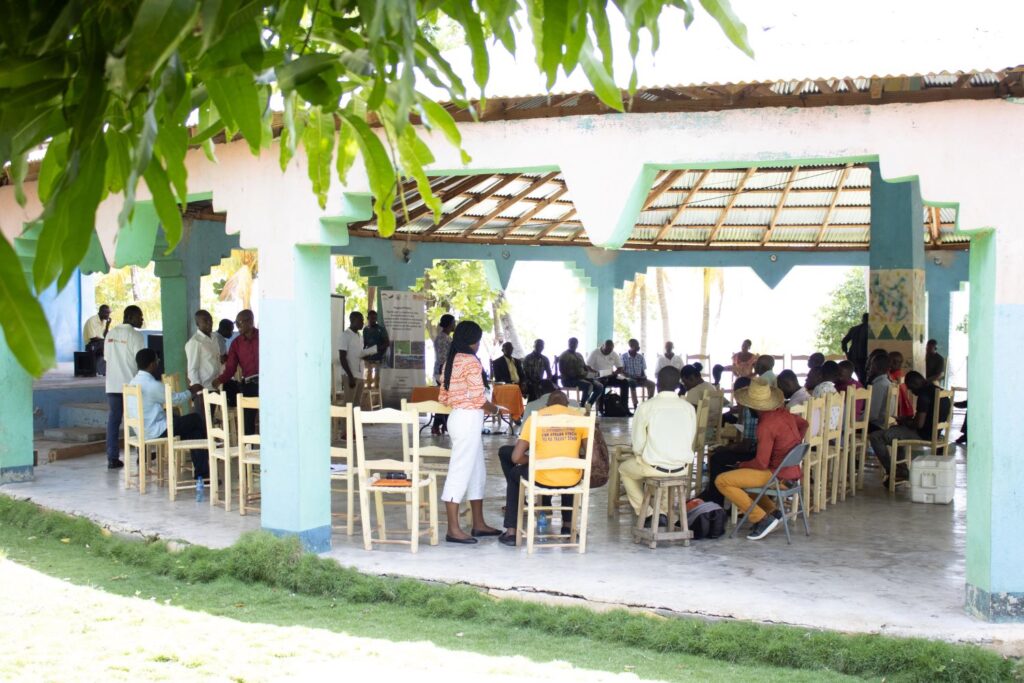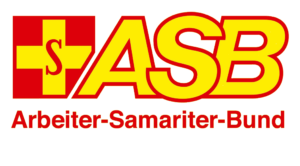Helping farmers and stockbreeders in the 3rd section of Trou-Chouchou to move towards sustainable, environmentally-friendly agroecological farming was the aim of the distribution of agricultural kits by UN-3 this January. A total of 810 farmers, each representing a household in the section, received agricultural equipment and seeds to help them increase their production.
These farmers are expecting better harvests this year thanks to the seeds and agricultural kits they received as part of the food security component of the Bengo 3 project to strengthen the resilience of vulnerable populations to very high disaster risk in the western and southern departments. The farmers were selected based on specific criteria, and this activity aims to improve their working methods by adopting agroecological practices, as well as significantly increasing their annual yield and the quality and diversification of their produce.
In addition to the distribution of tools and seeds, these farmers, located in two communal sections, have also benefited from training in agroecological techniques, the social solidarity economy, and the production of natural fertilizers. The aim is to enable them to increase their yield per hectare while respecting the environment. To encourage the use of good local seeds, facilitate the exchange, transport, and sale of produce, and promote value chains, two storage centers are being built to provide better conditions for processing agricultural produce.
The program also includes 290 women heads of household, as well as people with reduced mobility, heads of household with an elderly dependent, or people living with a disability. These beneficiaries were given priority during the selection process. This initiative is part of the BMZ-funded project to strengthen socio-economic activities.
Ronald VAVAL, a planter in the first communal section of Petit-Goâve, hails this initiative as a blessing, as he had difficulty finding the seeds he needed to cultivate the quarter of a square meter of land he has. He also praises UN-3 for helping to clear the Dlo piti river, which was a threat to farmers during the rainy season. Although he would like more support, he is already looking forward to the post-harvest assistance he will receive to help him sell his produce under better conditions.
Josué ISRAEL, President of AJITAM (Association des Jeunes Intégrés de Trou-Chouchou pour un Avenir Meilleur), is a young man with a physical disability. He says he is very satisfied with the support he has received and is delighted that AJITAM is taking part in the project. The training courses on soil conservation techniques, water resource management, and agroecological farming have been particularly beneficial to him, as he can now actively contribute to agricultural production despite his disability. He is convinced that this project will open up new opportunities for young people in the region, enabling them to become involved in environmentally-friendly and sustainable farming.
This ambitious project, run by the UN-3 organization, represents a glimmer of hope for the farmers and stockbreeders in the 3rd section of Trou-Chouchou. By supporting and strengthening their farming practices through agricultural kits, training, and storage infrastructure, it aims to improve their living conditions, food security, and resilience in the face of disaster risks.
However, the success of this project is measured not only in terms of increased harvests and yields but also in terms of empowering the beneficiaries. By providing them with the knowledge and means to improve their farming practices, UN-3 is contributing to their emancipation and their ability to overcome the challenges they face.
